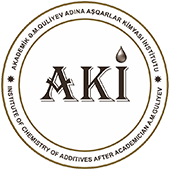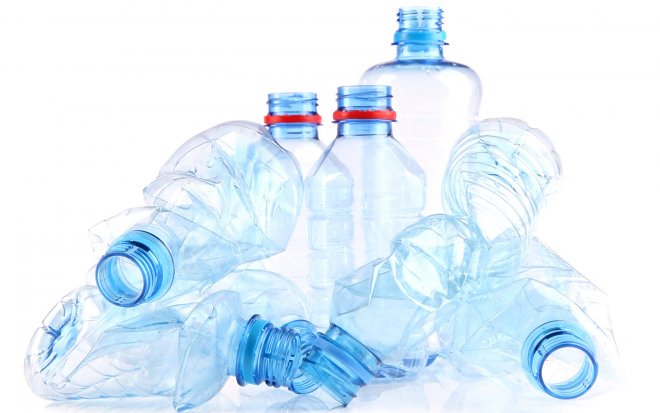Right now, that plastic water bottle you toss after one use could have a second life as a pair of shoes, a piece of clothing, an asphalt road, or even a house. And in the future, those bottles could be turned into something sweet that you eat or smell—one of the many items that contains vanillin, the main chemical compound in vanilla.
Synthetic vanillin, which is actually more common than natural vanilla extract, is used in everything from food to pharmaceuticals to cosmetics. It’s also been made out of everything from coal tar to wood pulp waste to cow manure, so plastic may not be too strange or unpleasant of a source in comparison—but it’s one that could have a big impact on our plastic pollution problem, and put us on a path to a more circular economy.
“This is the first time that biology has been used to transform plastic waste into a high-value molecule like vanillin, and paves the way for many more exciting studies to establish this new field,” says Stephen Wallace, a lecturer of biotechnology at the University of Edinburgh and principle investigator of the study on this plastic-derived vanillin recently published in Green Chemistry. “It could help to address the plastic problem by providing ways not only to recycle plastic, but to turn it into something more valuable than the starting material.”
That process starts with degrading polyethylene terephthalate, commonly known as PET plastic, into its components, terephthalic acid and ethylene glycol (this is also done when chemically recycling plastic). Then, a microbial fermentation process utilizing the E. coli bacteria turns the terephthalic acid into vanillin, with a 79% success rate, the researchers report.
The demand for vanilla is growing. In 2018, the global vanilla market was valued at $510 million; by 2026, it’s expected to reach $735 million. At the same time, plastic waste keeps piling up. By one estimate, North America alone produces 3 million tons of PET waste per year. Turning some of those plastic bottles and food packaging containers into vanillin is a step toward a circular economy.


